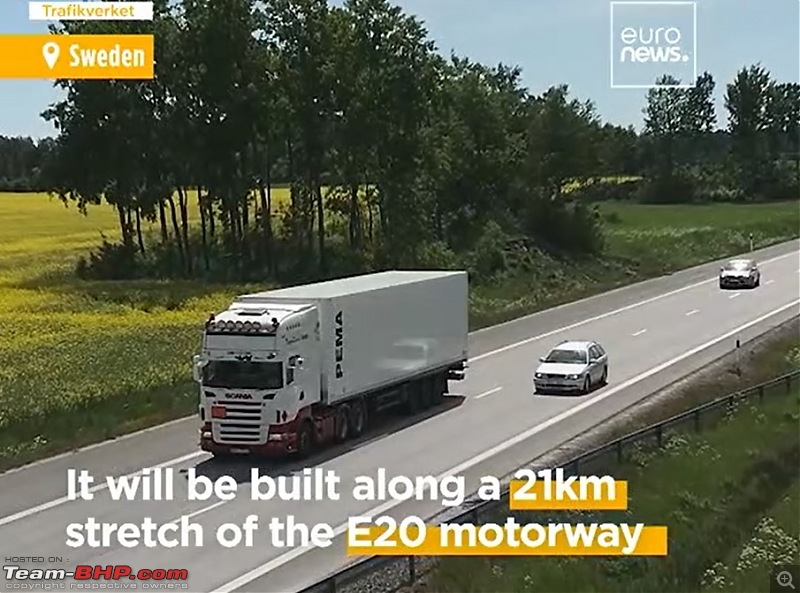| |||||||
 |
| Search this Thread |  6,883 views |
| | #1 |
| Distinguished - BHPian  | |
| |  (3)
Thanks (3)
Thanks
|
| | #2 |
| BHPian Join Date: Sep 2022 Location: North Kerala
Posts: 264
Thanked: 856 Times
| |
| |  (3)
Thanks (3)
Thanks
|
| | #3 |
| Distinguished - BHPian  | |
| |  (2)
Thanks (2)
Thanks
|
| | #4 |
| Senior - BHPian | |
| |  (7)
Thanks (7)
Thanks
|
| | #5 |
| BHPian Join Date: Apr 2015 Location: Bangalore
Posts: 659
Thanked: 1,651 Times
| |
| |  (2)
Thanks (2)
Thanks
|
| | #6 |
| BHPian Join Date: Sep 2020 Location: Bengaluru
Posts: 78
Thanked: 532 Times
| |
| |  (4)
Thanks (4)
Thanks
|
| | #7 |
| Senior - BHPian Join Date: Mar 2019 Location: Kerala
Posts: 2,001
Thanked: 7,386 Times
| |
| |  (16)
Thanks (16)
Thanks
|
| | #8 |
| BHPian Join Date: Aug 2014 Location: Pune
Posts: 62
Thanked: 125 Times
| |
| |
| | #9 |
| Senior - BHPian Join Date: Jul 2012 Location: Chennai
Posts: 1,763
Thanked: 4,766 Times
| |
| |
 |
Most Viewed



